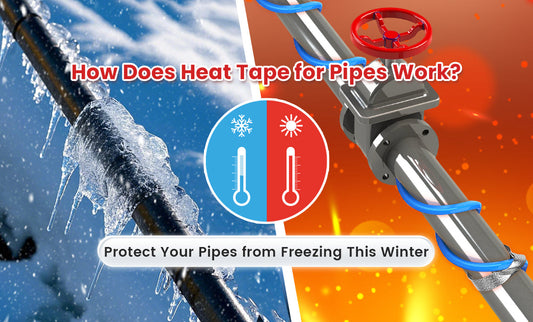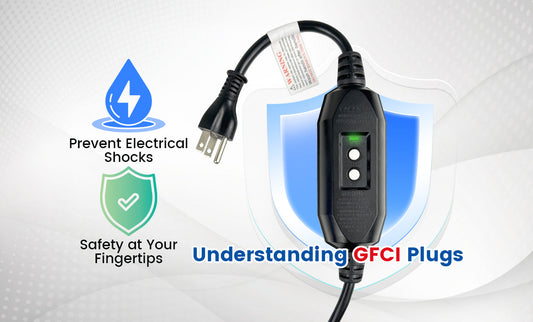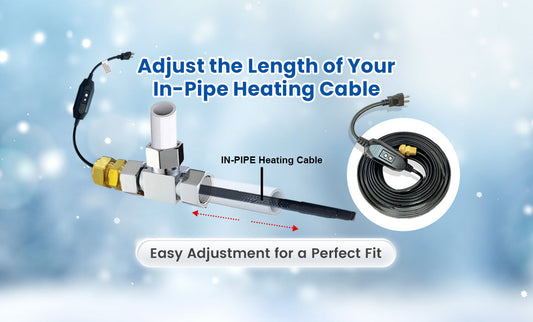A technical comparison of internal vs. external well heaters, explaining why in-pipe systems are the only efficient solution for deep-buried artesian well lines.
Guides and Tips
MAXKOSKO Smart Thermostat for Electric Floor Heating
This article explains how to install and set up the MAXKOSKO Smart Thermostat for electric floor heating. It covers basic wiring requirements, WiFi connection steps using the Smart Life app, common troubleshooting tips, and important safety and installation notes to help homeowners use the thermostat correctly and avoid common setup issues.
The “Mistake” On Your Heat Cable That’s Actually Protecting Your Pipes
This article explains why pipe heat cables may turn on above freezing temperatures and why this behavior is normal. It describes how mechanical thermostats work, why activation temperatures can vary, how to properly test the thermostat, and reassures users that early heating is a built-in safety feature for reliable freeze protection.
Why Is My In-Pipe Heating Cable Leaking? 6 Causes and Prevention Tips
Discover 6 reasons your in-pipe heater may leak and how to fix them. MAXKOSKO guides you through prevention for reliable freeze protection.
Why Is My Room Not Warm Even When the Floor Heating Mat Is On?
Electric floor heating is designed for comfort, not as a primary heat source. It works best in small spaces like bathrooms or kitchens, providing gentle warmth underfoot. To optimize performance, ensure proper power output (over 12 w/sq.ft.), good room insulation, and correct sensor and thermostat placement. Learn more about how to get the most out of your floor heating system in this guide.
How Does Heat Tape for Pipes Work?
With winter approaching, heat tape is an effective solution to prevent frozen pipes. This article covers how heat tape works, the differences between self-regulating and constant wattage types, installation methods, and maintenance tips to keep your plumbing safe all season long.
Understanding GFCI Plugs: Safety at Your Fingertips
GFCI plugs are essential safety devices that protect against electrical shock by interrupting power when they detect current imbalances. Crucial in wet areas like kitchens and bathrooms, these plugs significantly reduce the risk of serious injuries.
Adjust the Length of Your In-Pipe Heating Cable
This article explains how to safely adjust the length of MAXKSOKO's In-Pipe Heating Cable. If you can't find the perfect size, you can buy a slightly larger one and make simple adjustments.
In-Pipe Heating Cable Installation Instructions
Ensure a smooth and safe installation of your in-pipe heating cable with our easy-to-follow guide. Learn how to measure pipe length, handle sharp bends, verify pipe diameter, and protect the cable’s outer jacket. With these simple steps, you can ensure optimal performance and prevent pipe freezing.









